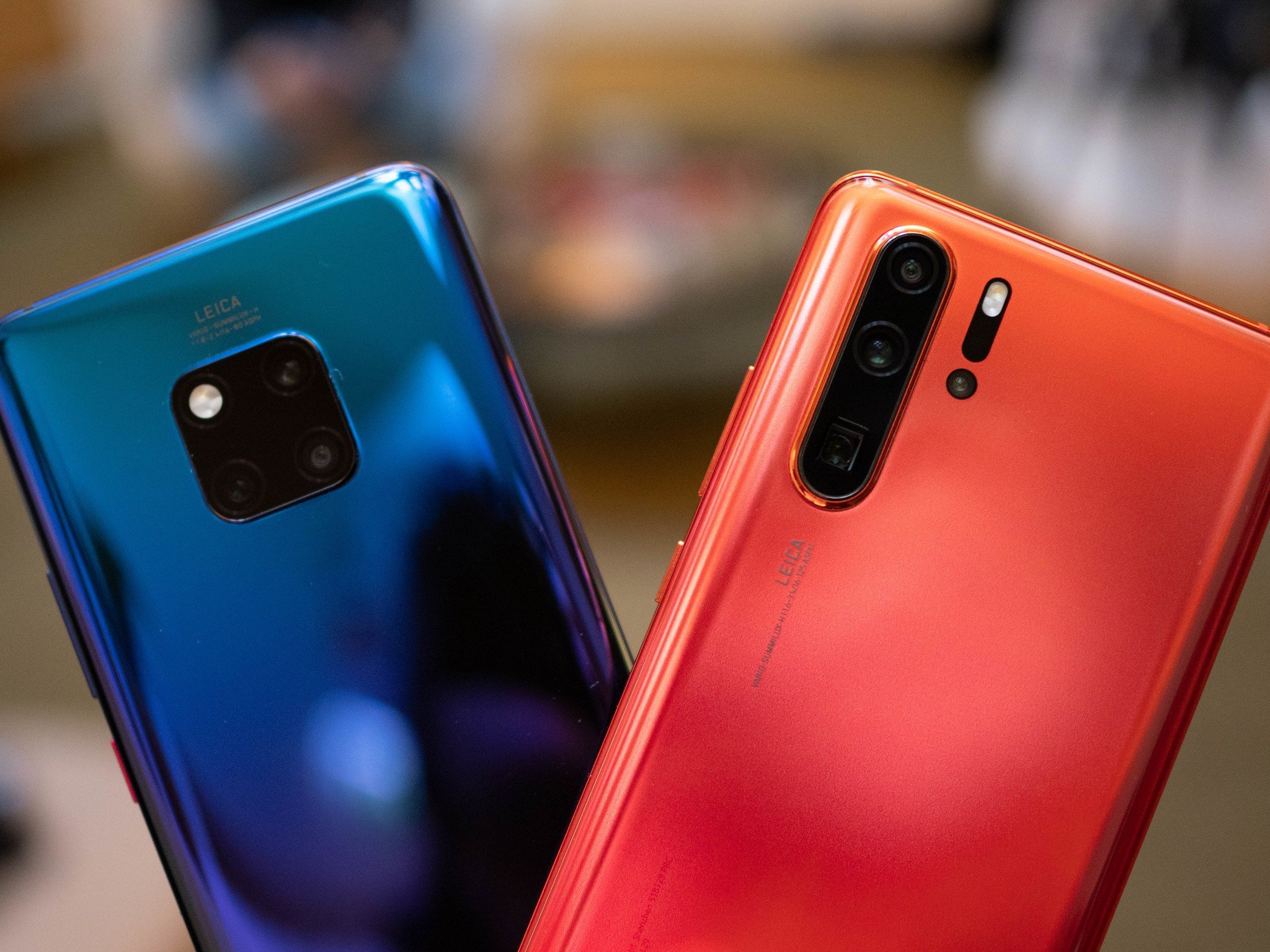This is a piece everyone should read. Note the difference in perspective between Adam Khan’s opinion - borne of real world experience with China - and Sherdog’s wannabe economists who form their opinions on 80 year old papers and opinions written by men who didn’t live to see what we’re dealing with today.
https://www.google.com/amp/s/financ...ews/huawei-akhan-semiconductor-202413843.html
Huawei is a 'national security threat' that tried to steal my tech: Akhan Semiconductor CEO
“I don't think that the U.S. has actually been aggressive,” Khan said. “I think that Huawei has been aggressive against the United States and the U.S. has been very muted in this response. What I would like to see is more conversation around American intellectual property, and how much has been stolen versus what we can do to prevent future instances.”
Khan says he and his company became embroiled in a U.S. Justice Department criminal investigation against Huawei when a sample of his proprietary diamond-coated glass, sought after by the world’s largest mobile device manufacturers as next generation technology, was returned from Huawei, in pieces.
“It came back inside the box, you could hear glass breaking against it,” Khan said. “We open it back up and then putting the pieces together, you could see there was large portions of the glass missing.”
Khan hopes the U.S.’s current sanctions against China end up serving a secondary purpose.
“I think for right now, it's not really speaking to protecting American innovation,” he said. “I think right now, it's just a national security threat, and they're kind of pigeonholing it there. But I do see that it’s part of a broader discussion that needs to be brought to light.”
To critics who argue that the U.S. could ultimately harm its own economy through sanctions against Chinese companies that force more Chinese innovation and in turn decrease reliance on American manufacturers, Khan disagrees.
“I don't think their position is as strong as perhaps they're portraying,” he said. “They are very reliant upon our core technologies, and not just electronics, and not just chips themselves. The metallurgy, the way we actually form the phones, the ceramics, I mean, these are all American know-how.” So long as European partners are aligned with the U.S., Khan said, aggressive sanctions against China do not increase risk.
“They will attempt to have their own capability, but China has already spent over $300 billion, trying to get semiconductor capability internally, and they have largely failed. It's that very reason why they're going so far as stealing technologies, because acquisition and R&D is not working,” Khan said. “I’d be strained to name one good Chinese chip company at the moment.”
To those who say the U.S. has not produced enough evidence of Chinese attempts to steal U.S. intellectual property, or pose a threat to national security, Khan points to a January 2018
Le Monde report claiming that China installed backdoor technology on a computer network to transfer data from the African Union’s servers in Addis Ababa to Beijing, a U.S.
indictment filed against Huawei alleging theft of T-Mobile’s intellectual property (
TMUS), plus
claims that Vodafone found hidden backdoors in Huawei equipment, which Vodafone
denied in a statement to BBC.
As for Khan, his company is now in a race against time to bring his own technology to market before Huawei does. During a recorded call, he said, Huawei’s representative admitted that Huawei had exported his sample to China in violation of a written agreement between the parties, and in violation of an Industry Trade Advisory Committee (ITAC) regulation that prohibits sending the material outside of the U.S.
“We've made it very difficult, there are trade secrets involved beyond just what's patent protected, so we know from a chemical standpoint, there's still a lot of groundwork to be done,” Khan said. “We estimate, at the soonest, maybe 18 to 24 months from that February timeframe where would we be seeing a copycat.”
An FBI investigation into Akhan’s case is ongoing. Khan says his company anticipates filing a separate civil action against Huawei, immediately after the Justice Department files criminal charges.


